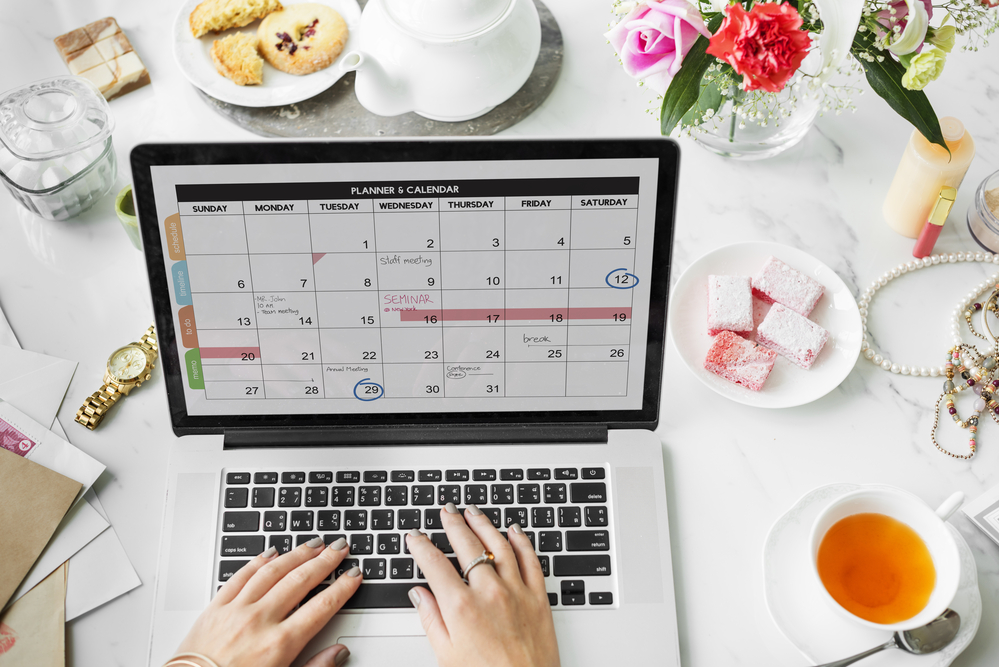As women, our menstrual cycles are a natural and essential part of our lives. Sometimes, knowing whether we’ll be on our period during a special event or an important date becomes inevitable and vital.
The changing of pads, cramps that go and come, and other symptoms that come during the menstrual period might make one rethink one’s plans. That’s thoughtful.
Are you planning for a date? Here’s a solution- you can make use of a tool that can determine if you will be on your period on your date. Here is one. With the ‘Will I be on my period on a date calculator’, you can plan your activities accordingly and feel at rest on your occasions.
To make use of this calculator to your advantage, let’s examine what you need to know and how you can make use of this calculator.
What is the Will I Be on My Period on a Date Calculator?
Periods come with different symptoms and feelings including headaches, pain, and even low energy but with the ‘Will I be on my period on a date calculator’, you can carefully plan your dates and take necessary precautions.
The calculator takes into consideration your menstrual period and menstrual cycle length to determine when your next period will be and if your date falls on your period. Moreover, the calculator tells how close your date is to your period if your period doesn’t fall when your date is.
Not just that, the calculator also features an ovulation tracker and due date estimator. They tell you when your ovulation will be and the due date if you conceive.
How does the calculator determine these things, let’s see the formulas the calculator uses.
Formulas Used by the Will I Be on My Period on a Date Calculator
Behind the calculator are formulas that help predict answers:
First, the period calculation. The calculator determines your next menstrual period by making use of the length of your cycle and the date of your last menstrual period. Typically, this is measured from the beginning of one period to another.
Secondly, the calculator notes the day of your date. Then subtract it from your next period day. So if it’s two days earlier, or even that day, the calculator will inform you.
Also, using the length of your menstrual cycle, the calculator predicts the timing of ovulation. This is based on the fact that ovulation comes 14 days before the next period. So for a 28-day cycle, the ovulation comes on the 14th.
Lastly, the formula for the estimated due date (EDD). From the time of ovulation, the calculator adds an estimation of 266 days. This is because a full-term pregnancy is assumed to last for 280 days from the time of your period. Subtracting the days before ovulation gives 266 days.
Now that you are aware of the straightforward formulas the calculator uses, let’s take a look at how it works.
How Does the ‘Will I Be on My Period on a Date Calculator’ Work?
The ‘Will I be on my period on a date calculator’ operates on a simple yet effective principle: predict answers based on your data.
- To get started, first, you need to provide the calculator with the first day of your last period. This should be in the format of month, day, and year.
- Next, select your average menstrual cycle length from the lengths provided on the calculator. Do this by clicking on the field.
- After that, enter the date you will like to check.
- Using the average cycle length and the start date of your last period, the calculator tells you if you will be menstruating on the day you chose for your date or how many days before or after your date your period falls in.
- Another result the calculator presents is your ovulation day. If you are sure of when it comes, you can also make an edit in the space provided.
- The due date comes last. This is when you are likely to give birth.
Avoid Disappointment When Deciding to go on a Date
A way the calculator can greatly benefit you is when you select different possible days for your date and insert them into the calculator to see which is most suitable. You wouldn’t be disappointed if one or two doesn’t work out in that way.
However, it’s essential to remember that while the calculator is a valuable resource, it’s not all-knowing.
Although there could be an accurate prediction of when your period will come, changes can occur due to different reasons. So, make sure to watch the way you feel to see if there are signs of your period.
